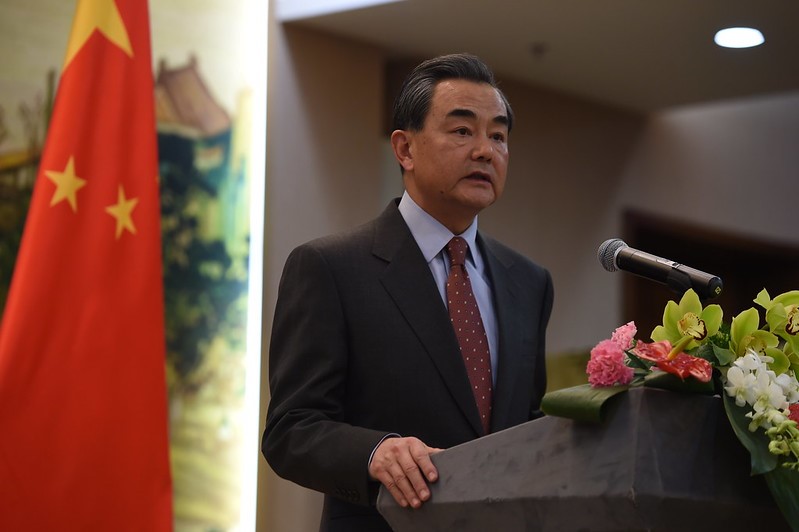U.S. out, Taliban in: Central Asia Facing New Challenges from Afghanistan
By Farkhod Tolipov
August 20, 2021, the CACI Analyst
In April 2021, Washington began the long-awaited withdrawal of its military forces from Afghanistan, a process that is expected to be completed by September this year. This is being done in the wake of an agreement between the U.S. and the Taliban as a condition for reaching peace in Afghanistan. However, the “victorious” Taliban began a sudden offensive in some northern provinces bordering Uzbekistan and Tajikistan. The Afghan military surprisingly retreated instead of resisting the insurgents. Some even crossed the Afghan border with Uzbekistan and Tajikistan. As the Taliban have swiftly moved to take control of most Afghanistan, including Kabul, Central Asia is facing strategic uncertainty.
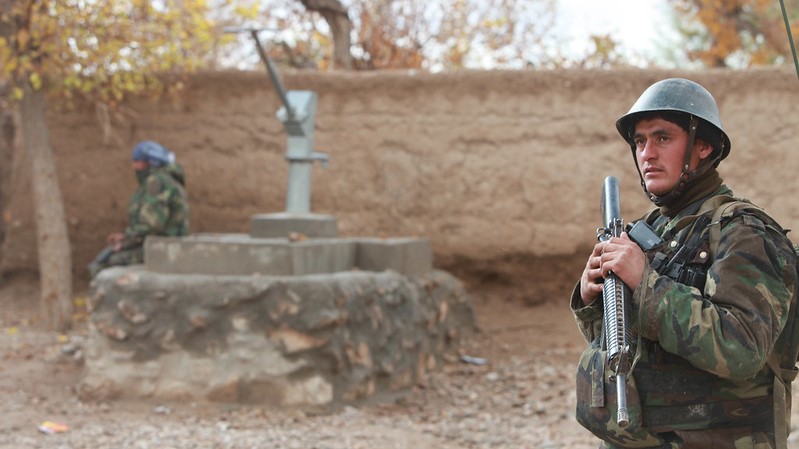
Explaining the Kyrgyz-Tajik Border Clash: Hypotheses in Search of Corroboration
By Richard Weitz
July 14, 2021, the CACI Analyst
A century ago, the Italian author Luigi Pirandello wrote a three-act play entitled “Six Characters in Search of an Author,” which explored the difficulty of differentiating between illusion and reality. The analyst of the recent border clash between Kyrgyzstan and Tajikistan faces the same challenge. The event, which saw the most serious fighting between independent Central Asian republics, offers several plausible explanations with divergent policy implications.
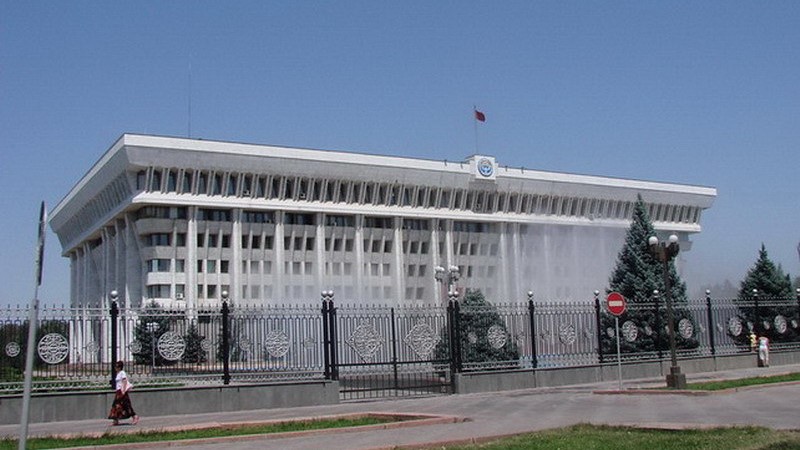
Russian and American Strategies for Central Asia Ignore Link to Caucasus, Fall Short
By S. Enders Wimbush
February 18, 2021, the CACI Analyst
Both Russia and the United States are advertising new strategies for dealing with Central Asia, but each is deficient in its own way. While Russia seeks to exclude Afghanistan from its vision of Central Asia, the U.S. explicitly and wisely incorporates Afghanistan as organic to its vision. Neither vision links Central Asia strategically to a larger Eurasian concept that embraces the South Caucasus. To the contrary, both explicitly (the Russian version) or implicitly (the American version) isolate Central Asia geopolitically from the larger emerging political, economic, and security dynamics that Central Asians themselves seek to encourage to establish their region as the connective tissue between Asia and Europe.
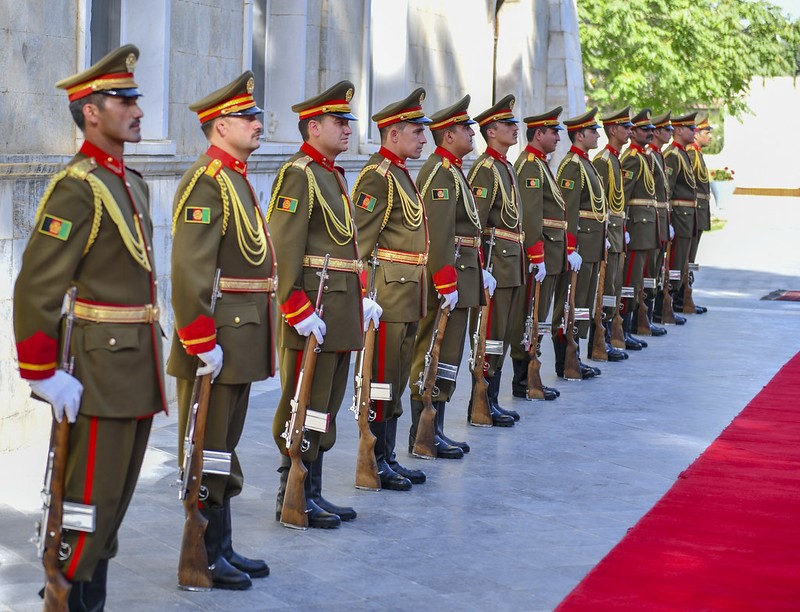
Central Asia's Integration Takes One Step Forward, One Step Back
By Farkhod Tolipov
January 26, 2021, the CACI Analyst
The third Consultative meeting of the five presidents of the Central Asian countries was scheduled for October 2020 to be held in Bishkek, the capital of Kyrgyzstan. However, it was postponed to take place in another country – Turkmenistan in 2021. This surprising delay raised concern about the reluctance of Central Asian leaders to reinvigorate the process of regional integration and about invisible geopolitical forces that slow it down. Explanations for the delayed meeting unconvincingly referred to the COVID-19 pandemic and its coincidence with disturbances in Kyrgyzstan in a situation where serious steps toward regional integration are urgently needed.
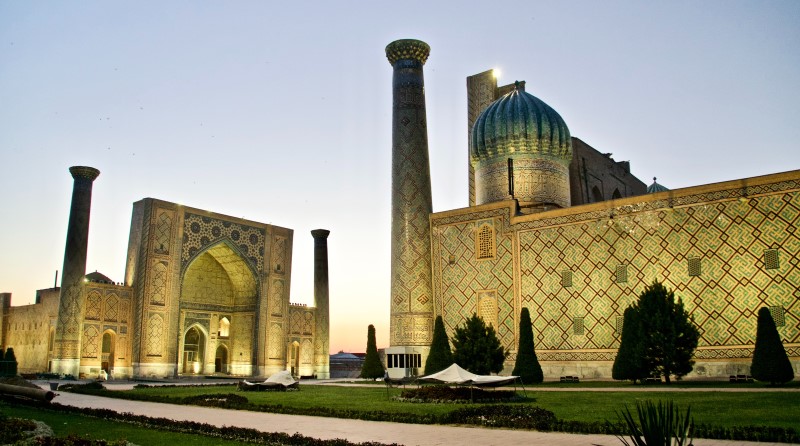
China Places Central Asia in its Gunsights
By Stephen Blank
December 14, 2020, the CACI Analyst
China has offered the Taliban investments in energy and infrastructure projects in return for the conclusion of a peace deal with the government in Kabul. In return for peace, China would commence building a major six-lane highway road network across Afghanistan. This road network would facilitate regional trade with Central Asia and permit direct land access from China to Iran. However, this network would also serve as a means for China to project direct force into Afghanistan, Central Asia, or Iran if needed.
